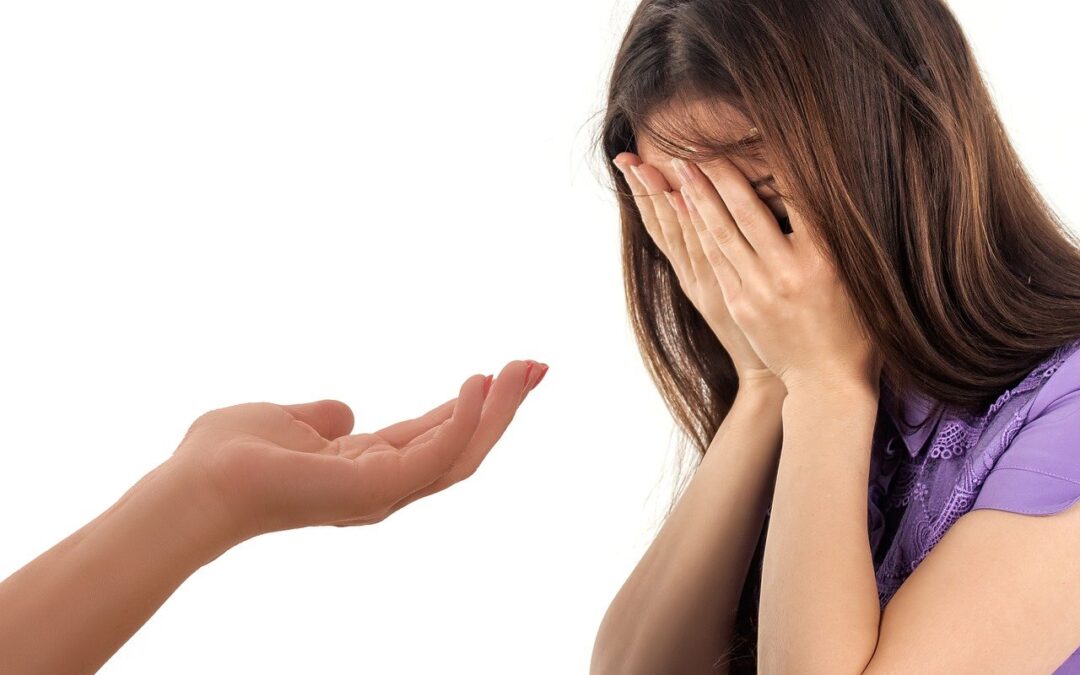The definition of situational depression and clinical depression varies with people. For some, situational depression can be stress after traumatic events such as losing a job or getting dumped by a lover. This type of depression is usually mild and lasts for a shorter period.
On the other hand, clinical depression is a severe type of depression that may last longer than a couple of weeks. It needs specific treatments that include medications with antidepressants and psychotherapy.
Most of the symptoms of these two types are similar, but both of them are different medical conditions. Understanding that difference is your first step towards getting the right help.
In medical terms, situational depression is known as a disorder caused by depressed mood. It is time-specific, and just talking about the issue can boost the recovery process.
Clinical depression is a severe mental disorder. If one does not get rid of situational depression on time, it may lead to clinical depression, and medically, it is seen as a serious mental health issue.
How They Differ From Each Other?
Health care experts rely on several critical differences between the types of depression to identify what treatment should be given and the severity of the condition. The fact is – all kinds of depression can cause a severe threat to anyone, and all of them are as challenging as each other. However, knowing the root cause of depression can be a game-changer in the recovery process.
What Is Situational Depression?
A person experiences situational depression when he or she goes through a traumatic event in personal life. This emotional state can be a result of the following events.
- Retirement
- Death of someone close
- Breakup
- Divorce
- Accident
- Loss of a job
Our lives are not always smooth, and dramatic changes occur sometimes. Coping with such changes is difficult for some, and this struggle can lead to situational depression. When a person adjusts with the changes, recovery begins.
For instance, when parents lose their child, it can be challenging for both to accept the fact that their child is no more. Until they accept the truth, life gets more challenging for them. Symptoms of this can be as follows:
- Suicidal thoughts
- Anxiety and stress
- Withdrawal from social life
- Frequent crying
- Sleeping disorders
- Disinterest in everything
- Loss of focus
Most of the situational depression patients exhibit symptoms within the three months of triggering the event.
What Is Clinical Depression?
It is a more serious medical issue as compared to situational depression. If not addressed on time, it can take a significant toll of every aspect of your life. Medically, it is also termed as major depression or major depressive disorder.
A patient experiencing clinical depression goes through severe depression symptoms daily for more than two weeks. These symptoms are so intense that a patient cannot accomplish his or her everyday activities. Here is the list (not limited to) of symptoms such patients may exhibit:
- Difficulty making decisions
- Rapid weight loss or gain
- Suicidal thoughts
- No pleasure in doing the things they like
- Constant irritation
- Insomnia
- Feeling demotivated
- Self-doubt
- The feeling of unworthiness and guilt
American Diagnostic And Statistical Manual Of Mental Disorders, 5th Edition or DSM-5, clinical depression can be the result of several factors such as
- Prolonged drug or alcohol abuse
- Genetic reasons
- Severe life events that led to a negative mentality
How To Determine If Someone Is Experiencing Situational Depression Or Clinical Depression?
People often find it challenging to differentiate if their loved one is going through situational depression or clinical depression. The primary reason behind this is that many symptoms shown by both conditions are relatively similar.
The critical difference between these types is that patients with clinical depression exhibit more physical symptoms than mental ones such as weight loss/gain, insomnia, etc. They may also experience psychotic issues like hallucinations and delusions. With situational depression, these symptoms are sporadic.
How Can Lifestyle Changes Help Treating Situational Depression?
Situational depression can be effectively treated once the patient accepts the cause of the stress and tries to move on in life. And, patients can practice many simple lifestyle changes that can ease up the recovery process, such as:
- Daily exercise
- Taking up a new hobby
- Communication with loved ones about their life
- Healthy eating habits
- Fixed sleep and wake up times
How Can Lifestyle Changes Help Treating Clinical Depression?
When someone you love is struggling to move on with life and their current state is severely impacting their personal and work life, it is advised to seek medical help.
A reputable residential treatment program can benefit in recovery as it involves daily monitoring and medications by the team of qualified psychotherapists and psychologists. Their medical staff can help patients fight depression with practical strategies and lifestyle changes.
Get Treatment
Whether it is situational or clinical depression, the need for the treatment is real. Therefore, finding a decent mental health retreat program is recommended. It helps patients deal effectively with personality disorders, substance abuse issues, anxiety, eating problems and more.
If you are seeking help for someone you love who is battling with depression, contact us. We are more than happy to help!
Sources:
https://www.medicalnewstoday.com/articles/314698#what-are-the-differences
https://thedawnrehab.com/blog/clinical-depression-vs-situational-depression/

